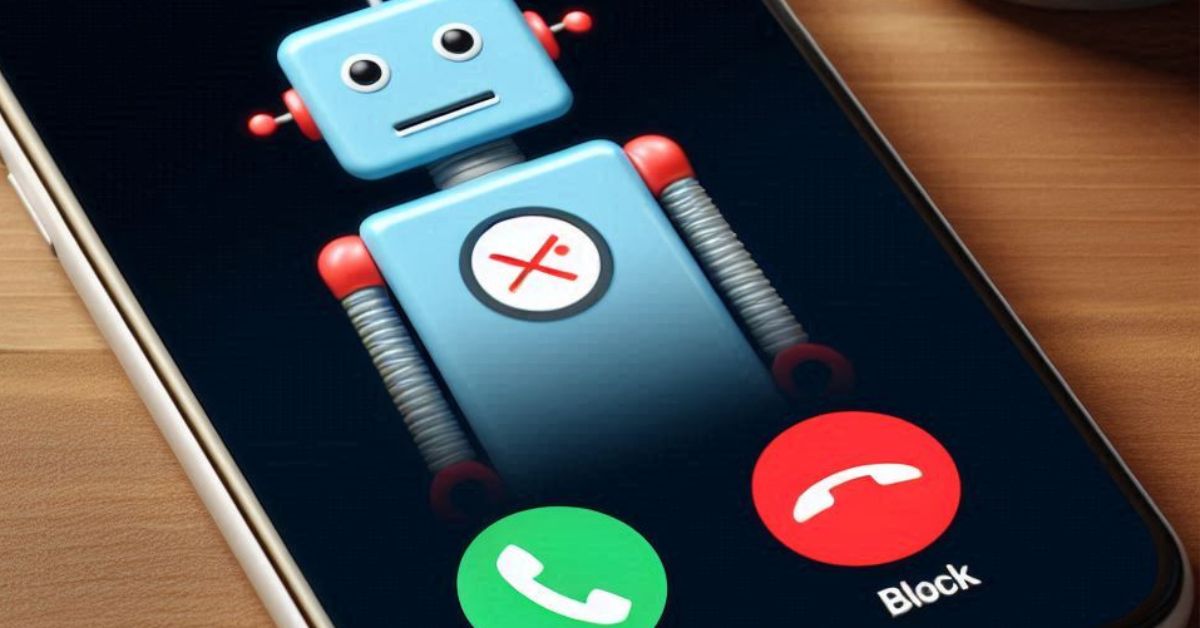Have you received a call from 256-303-2406 is it a scam and wondered if it’s a scam? With the increasing prevalence of phone scams and scammers using advanced tricks, it’s crucial to be able to recognize these deceitful tactics and protect yourself. How can you figure out if a call is legitimate or just another scam? What steps should you take if you suspect 256-303-2406 might be involved in fraudulent activities? Want to know how to avoid falling victim to these scam calls? Continue reading to discover how you can stay safe and secure.
The phone number 256-303-2406 has been flagged in connection with various scams. Often, scammers use this number to pose as representatives from banks, government agencies, or other trusted organizations. Their goal is to trick people into providing sensitive information or sending money. By understanding why this number is associated with scams, you can better protect yourself and your personal information from fraud.
Recognizing Scam Calls
Scammers employ various tactics to deceive individuals. One common method is impersonation, where they pretend to be from familiar organizations like banks or tax agencies. They aim to build trust and prompt you to share sensitive information or make financial transactions. Another tactic involves creating a false sense of urgency, pressuring you to act quickly to resolve an issue or take advantage of a limited-time offer.
Phone scams often include requests for personal information such as your Social Security number, credit card details, or bank account information. These are red flags that indicate the call may not be legitimate. Be cautious if the caller makes it difficult to verify their identity or if they use high-pressure tactics to get you to act quickly.
Understanding Phone Spoofing
Phone spoofing is a technique used by scammers to manipulate their caller ID, making it appear as though the call is coming from a different, often familiar area code. This tactic helps them seem more trustworthy and increases the likelihood that you will answer and engage. By disguising their true identity, scammers can evade detection and continue their fraudulent activities.
Types of Phone Scams
Scammers use various types of scams to deceive people. Impersonation scams involve them pretending to be from reputable organizations. They might claim you owe money, are entitled to a tax refund, or need to verify your information. Financial scams include fake offers for loans, prizes, or investments, often requiring upfront fees or sensitive financial details. Phishing scams attempt to gather personal information such as passwords or credit card numbers by posing as legitimate organizations.
How Scammers Target Victims
Scammers often target specific groups, such as older adults or individuals who may not be as familiar with technology. They might also focus on those who are financially vulnerable, exploiting their situation to make the scam appear more convincing. Additionally, they use local area codes or phone numbers that seem familiar to increase the chances that you will answer the call.
How to Verify Legitimate Calls
When you receive a suspicious call, it’s important to verify its legitimacy. One effective way is to contact the organization directly using official contact details from their website or other trusted sources. This helps you confirm whether the call was legitimate or a scam. Using technology, such as apps like Truecaller, can also help identify and block scam calls and provide alerts about potential fraud.
Protecting Yourself from Scams
To protect yourself, avoid engaging with callers if you suspect the call is a scam. Hang up immediately and refrain from sharing any personal or financial information. Regularly monitor your bank and credit card statements for any unauthorized transactions or suspicious activity. Educate yourself about common scams and use call screening features on your phone to block or filter unknown numbers.
What to Do If You’ve Been Contacted
If you have been contacted by a suspicious caller, document the details of the call, including the number and what was said. This information can be useful if you need to report the scam. Notify your bank or credit card company immediately if you provide any financial information to protect your accounts from potential fraud. Verifying the caller’s identity through official channels can also help ensure that you are not falling victim to a scam.
Reporting Scams
Reporting scam calls is essential in helping authorities track down and stop fraudsters. You can report suspicious activity to the Federal Trade Commission (FTC) online or by phone. Additionally, inform your local police about the scam to aid in their investigation and prevent further fraud.
Legal Implications
Scammers face serious legal consequences if they are caught, including fines and imprisonment. Many jurisdictions have strict penalties for those involved in phone scams and other forms of fraud. As a victim, you have rights, including disputing unauthorized charges and seeking restitution. Understanding and exercising these rights can help you recover from fraud and protect your financial future.
Extra Tips for Avoiding Scams
To reduce your risk of falling for scams, consider using call-screening features to block or filter unknown numbers and suspected spam calls. Stay informed about common scams and update your security measures regularly. Developing a personal strategy for handling unsolicited calls and safeguarding your information is also beneficial.
Educational Resources
There are many resources available to help you learn more about scams and how to protect yourself. Websites like the FTC offer valuable information on recognizing and avoiding fraud. Additionally, community workshops and local initiatives can provide further education on phone scams and how to stay safe.
Real-Life Examples and Case Studies
Examining real-life cases where 256-303-2406 has been used in scams can shed light on how these fraud attempts operate. Personal stories from individuals who have experienced scams highlight the tactics scammers use and their impact on victims, underscoring the importance of vigilance and proactive measures.
For more interesting blogs click here
Conclusion
In conclusion, 256-303-2406 is frequently associated with scam calls and scammers. By using various tricks and impersonating trusted organisations, these fraudsters attempt to steal your personal information or money. To protect yourself, stay alert, verify suspicious calls, and avoid sharing personal details with unknown callers. Reporting any suspicious activity to authorities is also crucial in preventing further fraud and safeguarding others from similar scams. Your awareness and vigilance are key defences against phone scams and fraudulent activities.



